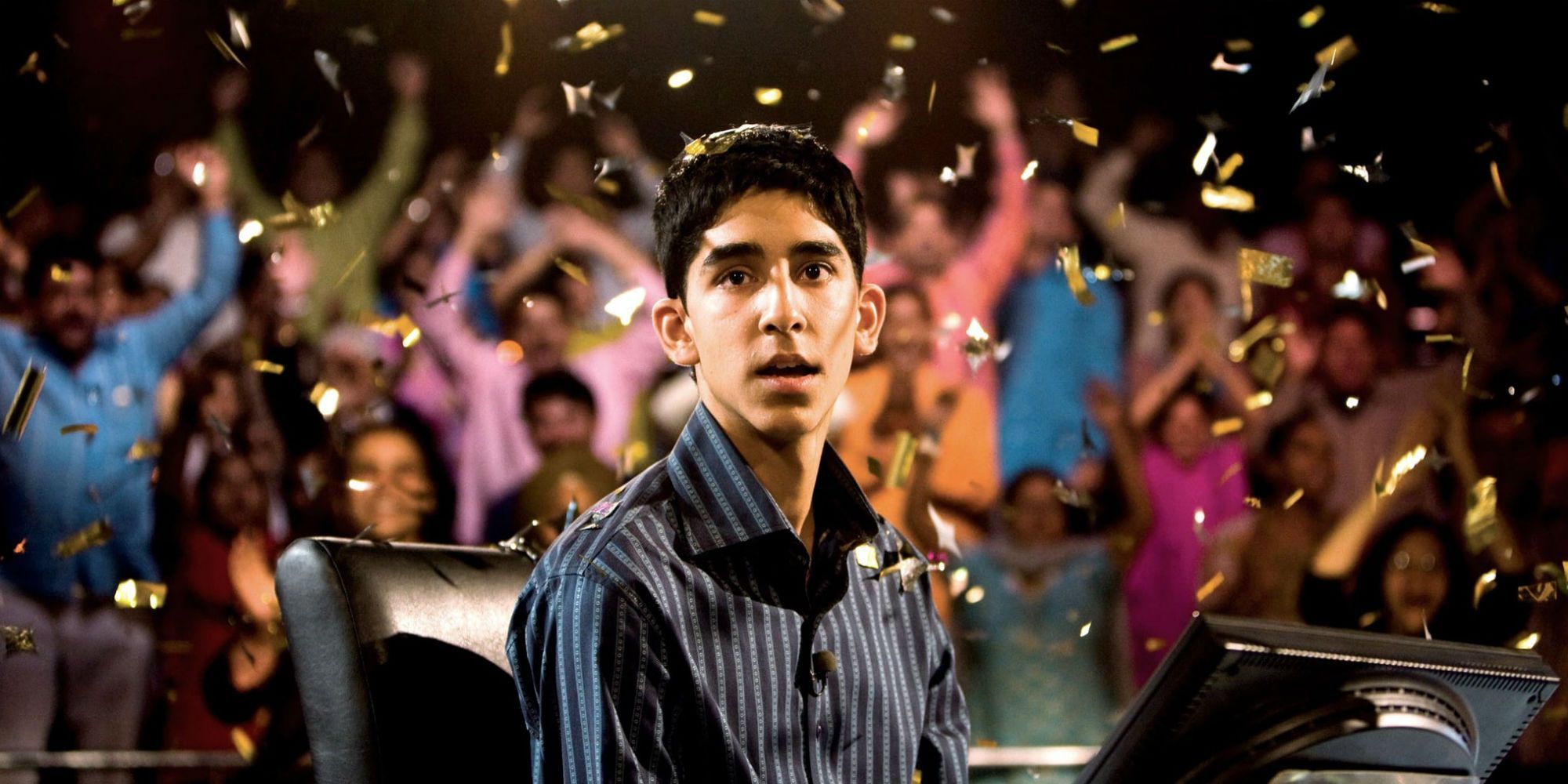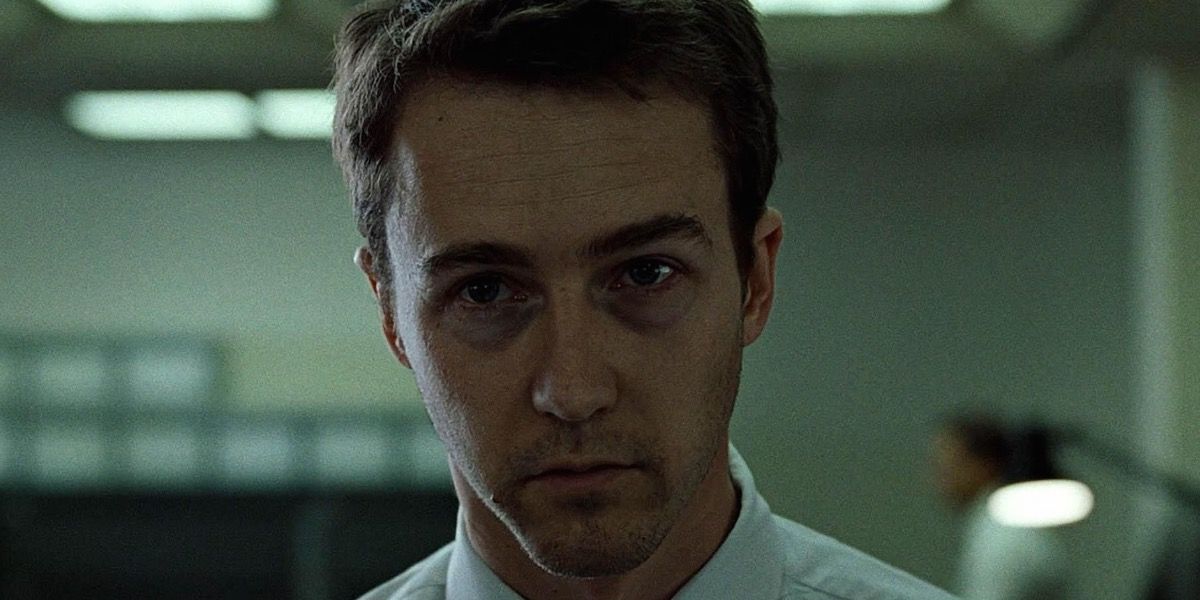Not every movie character is cool. Ferris Bueller's radiant charm only works in the presence of his reticent friend Cameron, who can only be described as a washout. Some viewers might deem Randle McMurphy a heroic presence, but he ultimately loses everything in One Flew Over the Cuckoo's Nest.
All things considered, losers are just as important in the grand scheme of storytelling, mostly because their abject incompetence helps highlight their popular counterparts. Interestingly, movie protagonists can also be losers — this personality aspect isn't reserved solely for villains and side characters.
10 Baby Jane Begins Her Character Arc As A Shell Of Her Former Self
Whatever Happened To Baby Jane
Bette Davis should have won the Best Actress Oscar for her role as Baby Jane Hudson, an unspeakably bizarre character with a checkered past. Once a famous child star, Jane's relevance slowly dwindles when the film industry replaces the Vaudeville circuit, turning her into a shell of her former self.
A jealous Jane supposedly paralyzes her sister in a car accident, only to end up caring for Blanche for the next thirty years. Blanche eventually discloses that she was responsible for her own condition and that she had originally planned to murder Jane. Whatever Happened to Baby Jane is a harrowing look at the lives of child actors during the early 20th century.
9 Jerry Lundegaard Refuses To Back Down Even After His Plans Backfire
Fargo
The Coen brothers' Fargo is regarded among the finest black comedies ever made, explaining why the concept was remade for television. The narrative is deceptively simple — a malicious husband has a pair of criminals kidnap his wife so he can extort the ransom money from his rich father-in-law — but the story goes so much deeper than Jerry Lundegaard's pathetic scam.
Frances McDormand's Marge Gunderson eventually tracks him down, but not before he makes everything infinitely worse for himself. While Jerry could have saved his skin at numerous points, his foolish refusal to back down makes him one of cinema's greatest losers.
8 Travis Bickle Is A Gloomy Example Of Cinematic Existentialism
Taxi Driver
Taxi Driver catapulted director Martin Scorsese and writer Paul Schrader into the global spotlight, not to mention kickstarting the-then thirteen-year-old Jodie Foster's movie career. Robert De Niro's Travis Bickle is considered a gloomy example of cinematic existentialism, what with his debilitating loneliness, insomnia, and pornography addiction.
This character's downward spiral forms the bulk of Taxi Driver's 114-minute runtime, crafting a legacy that remains as influential today. Bickle is best remembered for his iconic "You talkin' to me?" speech, later referenced in countless movies including Pumbaa's monologue in The Lion King. Joaquin Phoenix's titular protagonist in Joker also makes clear allusions to Bickle's various idiosyncrasies.
7 Jim Levenstein Brazenly Indulges In Pastry-Themed Sexual Escapades
American Pie
Although American Pie was never meant to be taken seriously, viewers around the world still associate this film and its characters with American high school life. Protagonist Jim Levenstein desperately wants to lose his virginity before going to college, a rite of passage that remains unfulfilled until the movie's unexpected conclusion.
This is partly because he has no idea how to behave around women, not to mention his pastry-themed sexual escapades. Jim is a loser with a capital L, but his endearing nature and accident-prone tendencies help take the edge off his otherwise grating personality.
6 Neville Longbottom Suffers Greatly At Draco Malfoy's Hands
Harry Potter
Harry Potter's resident loser is none other than Neville Longbottom, a timid boy who's inexplicably sorted into House Gryffindor. He frequently shies away from conflict, inadvertently giving his bullies the opportunity to make his life hell. Draco Malfoy particularly enjoys teasing and tormenting Neville, even after the Golden Trio comes to their friend's defense.
That said, viewers shouldn't be fooled by Neville's cushy exterior, given that he proves his mettle by "standing up to [his own] friends." Furthermore, he embodies the ideal Gryffindor during the Battle of Hogwarts, when he faces Lord Voldemort without a shred of fear.
5 Dewey Finn Is An Incompetent Underachiever In All Aspects Except Rock Music
School Of Rock
Dewey Finn is kicked out from his rock band, who cite his problematic behavior and self-centered buffoonery. He subsequently pretends to be his roommate Ned Schneebly in order to score a substitute teacher gig, despite having no academic qualifications whatsoever.
Finn slyly decides to create a rock band composed of his middle-school students, bypassing administrative scrutiny by befriending the school principal. His plans inevitably collapse around him, but his pupils save both the day and his promising career as a rock music teacher. Finn might be an incompetent underachiever in most contexts, but he's not entirely talentless.
4 Despite His Slacker Attitude, The Dude Has Good Fortune On His Side
The Big Lebowski
The Coens know how to write the best slackers, as illustrated by Jeffrey Lebowski, a jobless nobody who does nothing but get high on weed and White Russians. Lebowski is apparently based on a real-life individual named Jeff Dowd, a founding member of the Seattle Liberation Front.
Unlike Dowd, however, the Dude is more interested in Creedence Clearwater Revival's music than anti-war propaganda. Jeff Lebowski is accidentally mistaken for a millionaire with the same name, sparking a series of unfortunate events that ultimately ends in the hero's favor. The Dude has something most movie losers don't: an endless wellspring of good fortune.
3 All Versions Of Biff Tannen Fail To Defeat Marty McFly And Doc Brown
Back To The Future
Biff Tannen calls everyone a butthead, completely oblivious to the fact that he's the biggest butthead of them all. In author George Gipe's novelization of Back to the Future, Biff is described as "loud and obnoxious, the type of person who talks loudly in movie houses or yells epithets at players during sports events."
While fans don't get to see this side of his character in the movies, there's no doubt that Biff Tannen is capable of such crass behavior. Although sorely lacking in the intelligence department, Biff makes up for his youthful transgressions as a sneaky old man in Back to the Future II. And yet, all versions of Biff consistently fail to defeat Marty McFly and Doc Brown, making him an eternal loser.
2 Jamal Malik Is A Loser Only In The Technical Sense Of The Word
Slumdog Millionaire
Slumdog Millionaire's Jamal Malik is a loser only in the technical sense — his entire life has been a fight for survival, and he bravely endeavors to achieve the success he clearly deserves. He manages to reach the final stage of Kaun Banega Crorepati, the Indian edition of Who Wants to Be a Millionaire?, before being accused of swindling his way through the competition.
Audiences instantly feel a sense of rapport with Jamal; most people would be able to empathize with his struggles on some level. Jamal successfully answers the last question and secures the grand prize, transforming him into an unquestionable winner.
1 The Narrator Conflates Physical Brutality With Emotional Validation
Fight Club
The unnamed protagonist of Fight Club is simply referred to as the Narrator, a character designed to represent the state of masculinity at the peak of late-stage capitalism. Edward Norton's performance is simultaneously mesmerizing and heartbreaking, as it highlights the lengths men go to in order to obtain emotional validation.
The Narrator doesn't even recognize Tyler Durden's true nature, further demonstrating his naivety. That said, he doesn't end his character arc empty-handed, considering that he's finally acknowledged by the one person whose attention he desperately seeks: Helena Bonham Carter's Marla Singer.

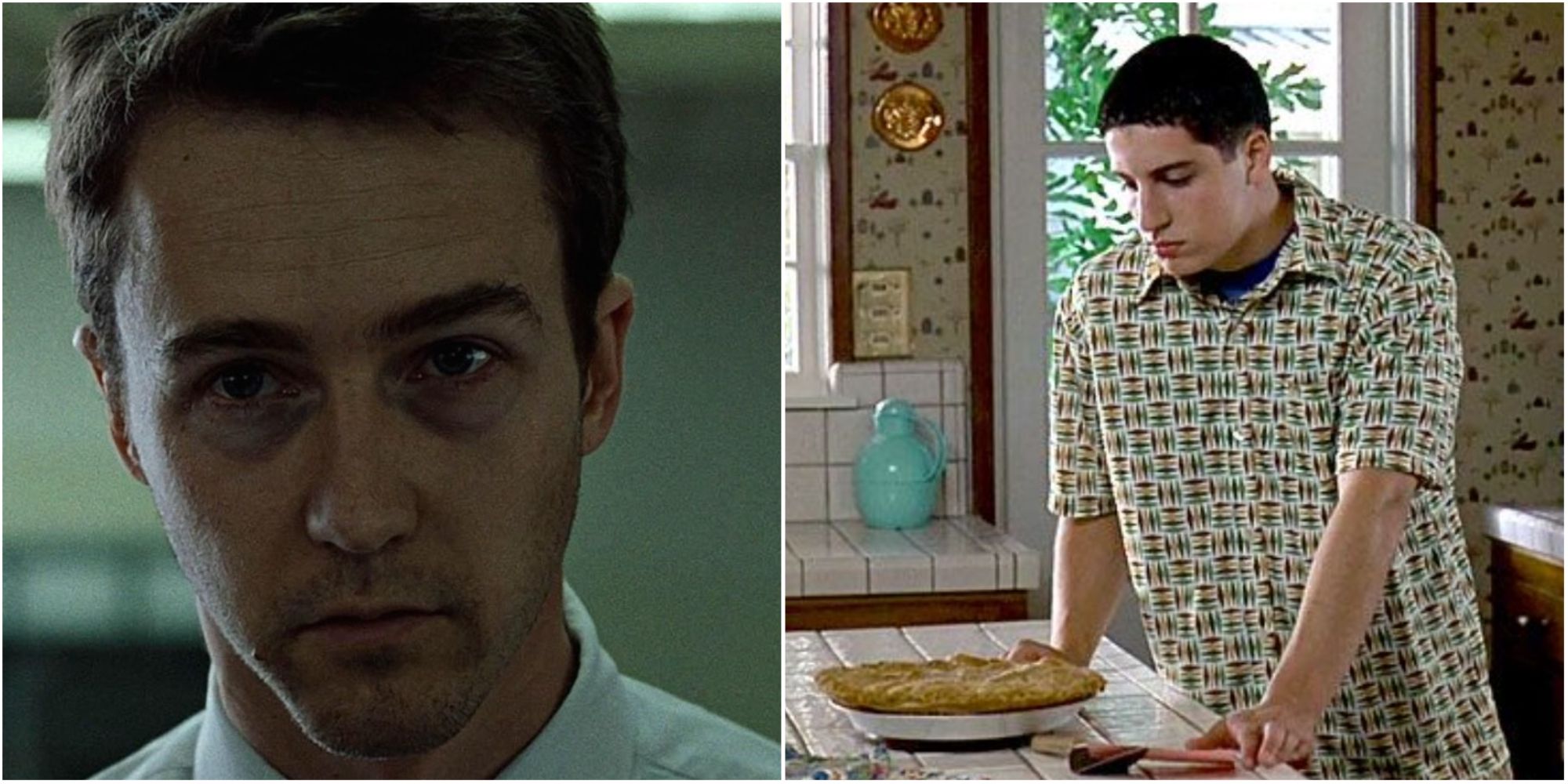
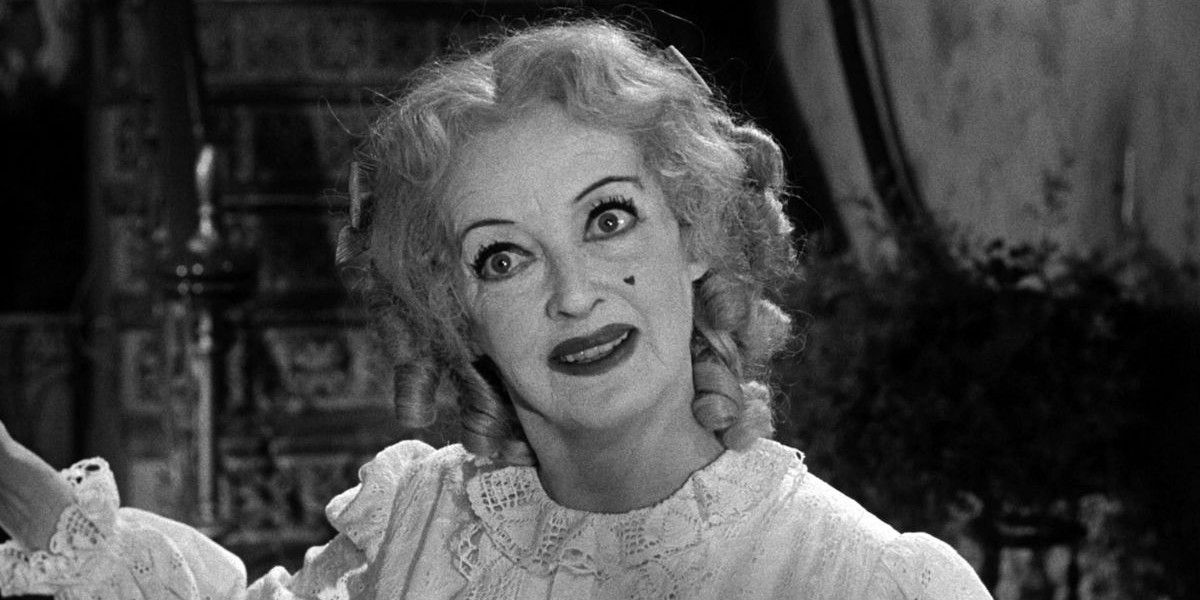
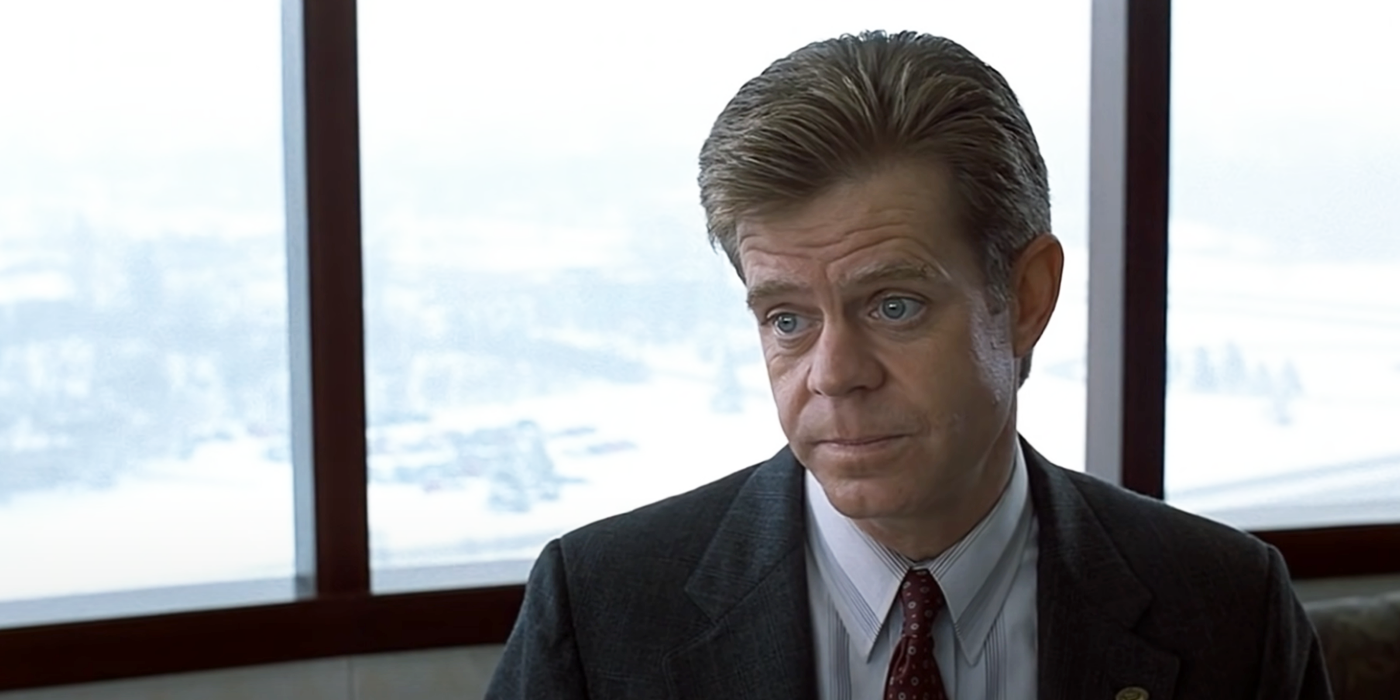
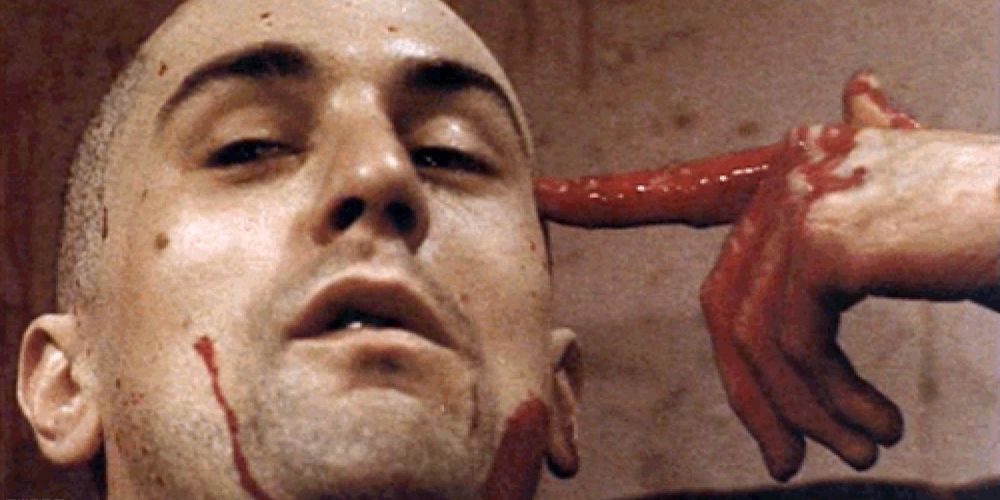
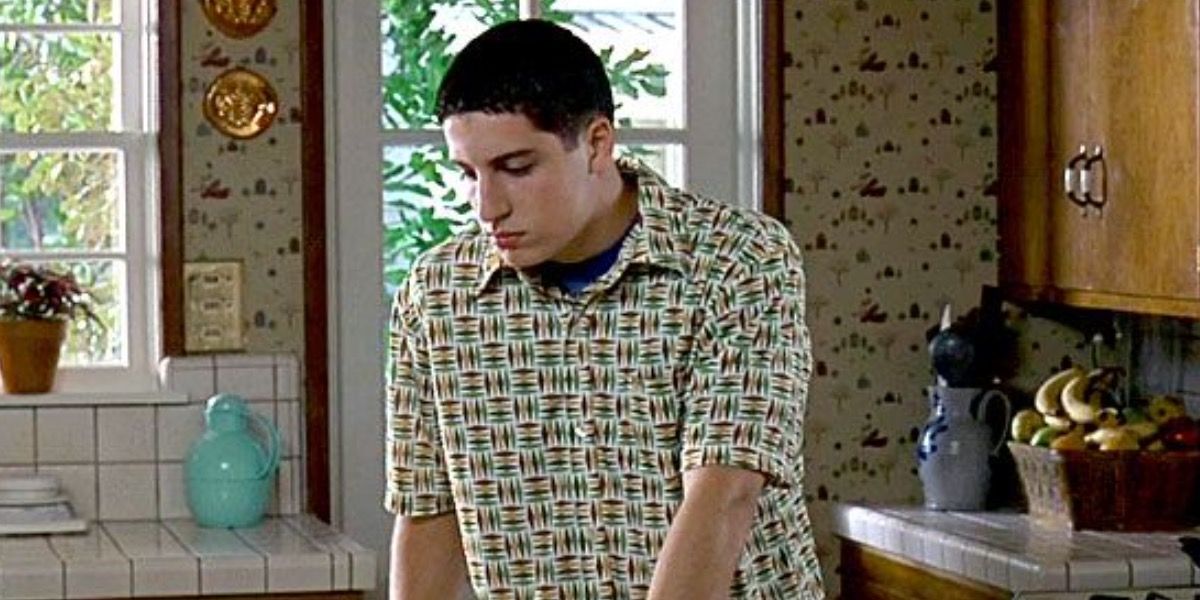
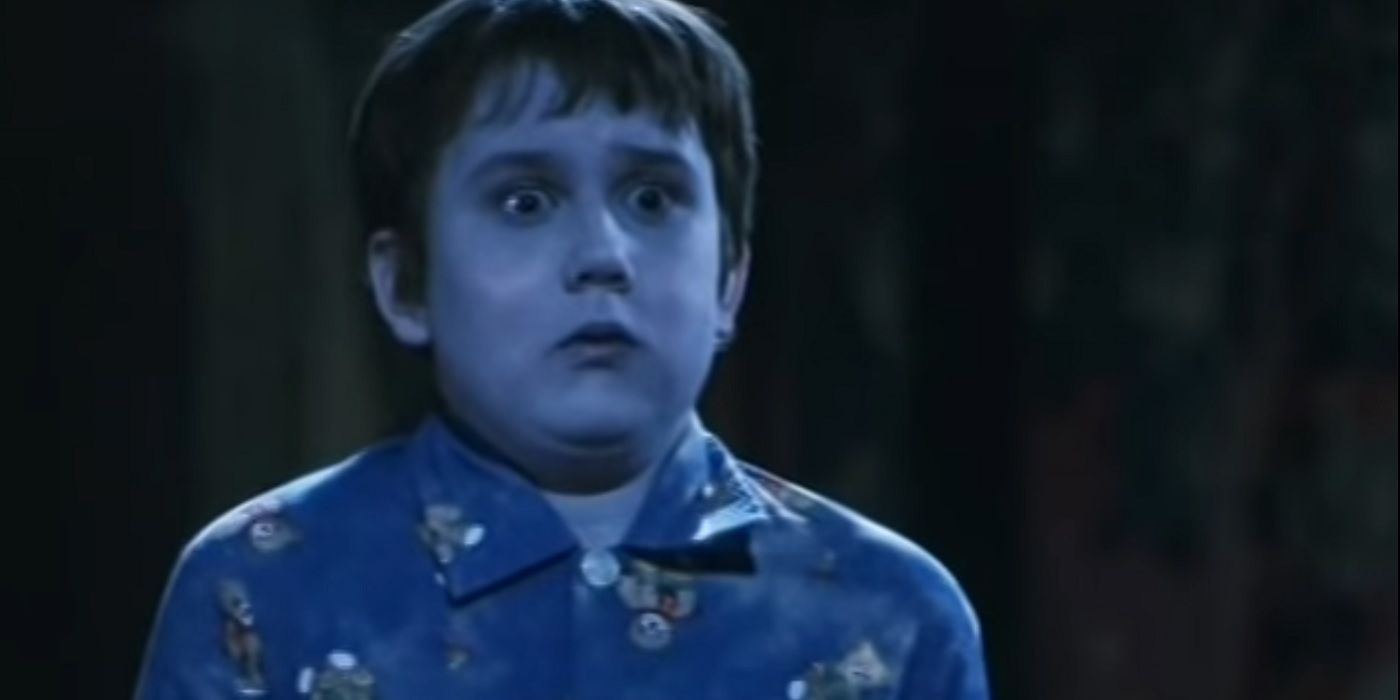
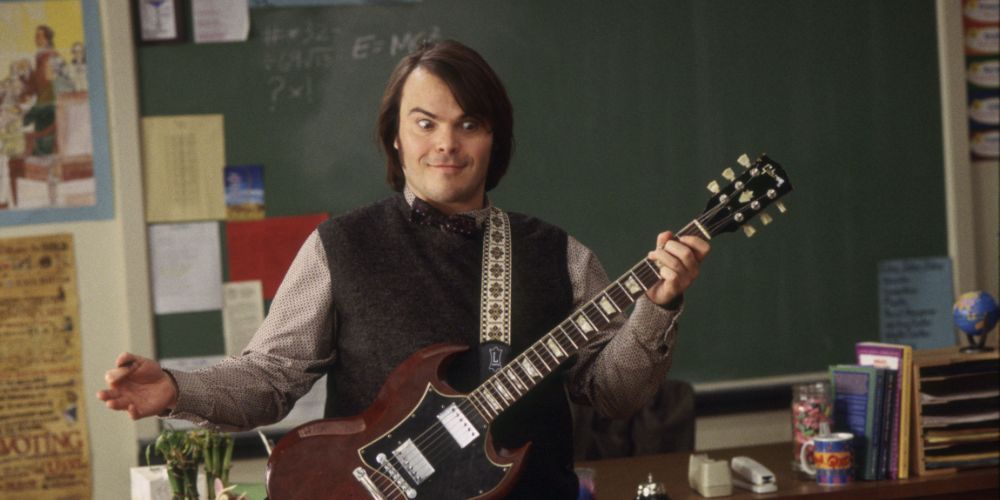
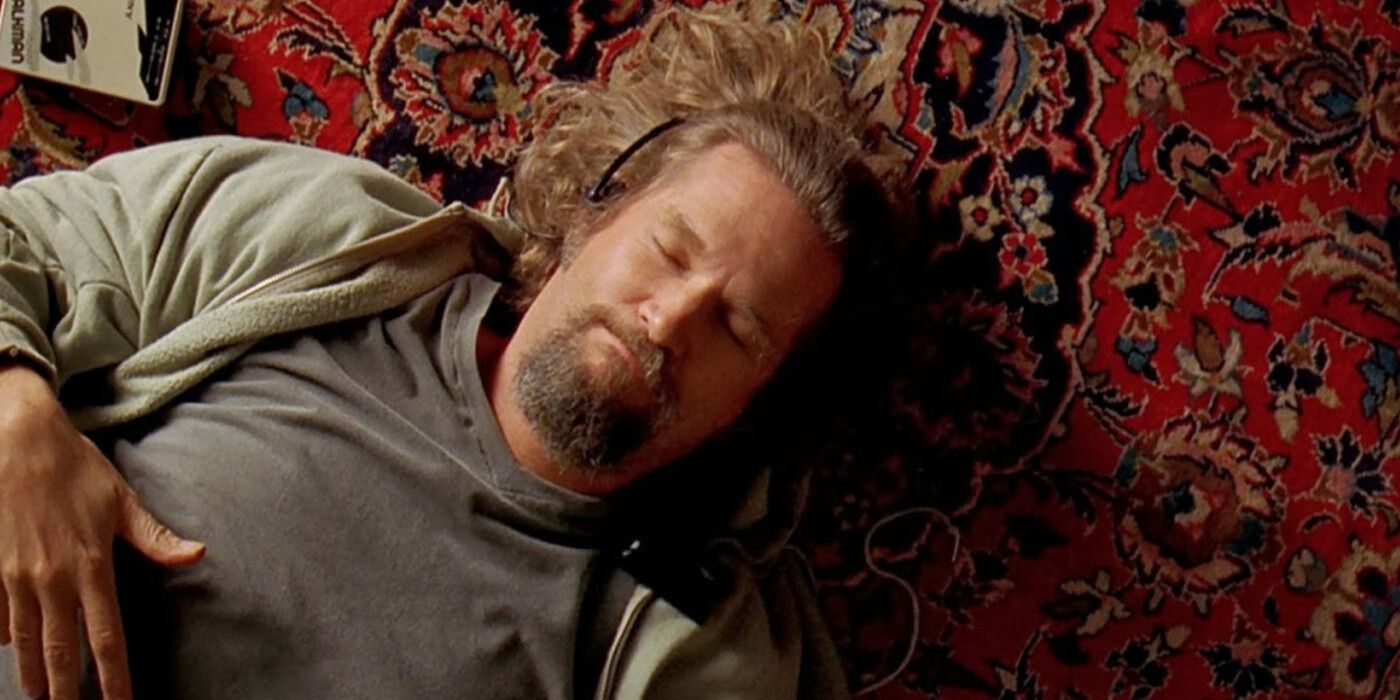
.jpg)
